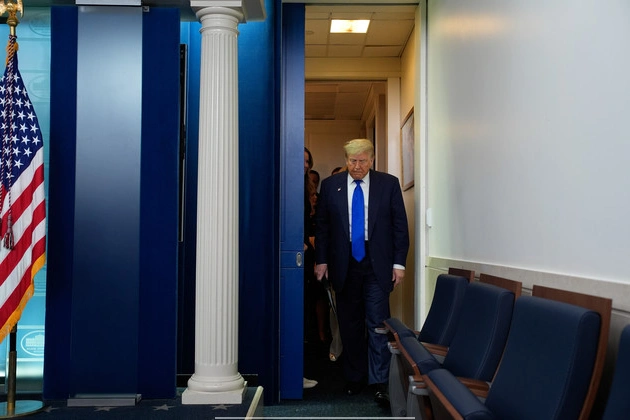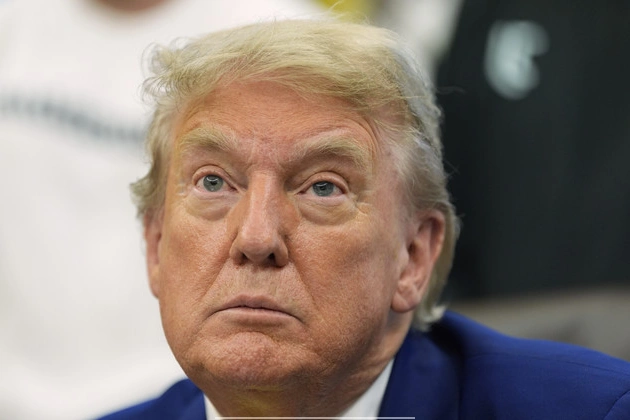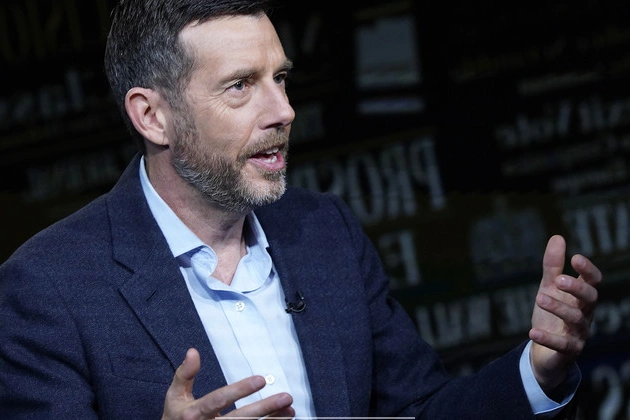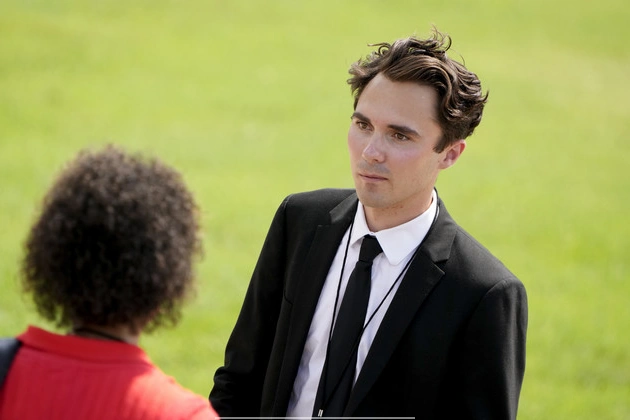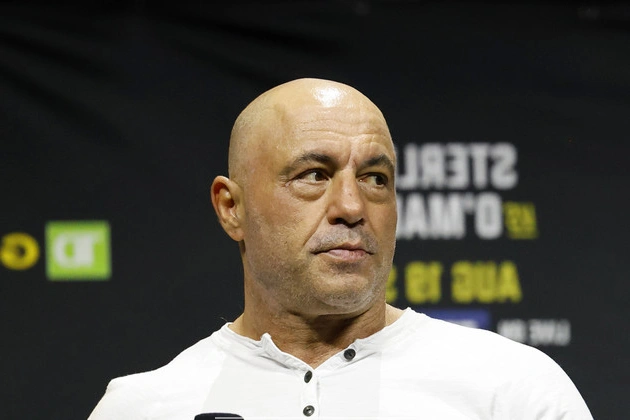
Understanding the political perspectives of young American men is crucial for effective engagement in today’s dynamic landscape. The recent efforts by Democrats to delve into this demographic have sparked discussions and highlighted significant findings. Let’s delve into the key insights and implications for political outreach.
Insights from Research
One of the critical observations from the initial research phase is the perception among young men that neither major party adequately represents their interests. This sentiment was echoed in focus groups, where participants expressed feelings of being overlooked by the Democratic Party and highlighted the need for more authentic engagement.
The research also shed light on the contrasting perceptions of Democrats and Republicans among young men. While Democrats were seen as cautious and scripted, the Republican Party was viewed as confident and unapologetic. This dichotomy poses a challenge for Democrats looking to resonate with this demographic.
Challenges and Opportunities
The findings revealed that young men are grappling with societal expectations around masculinity, economic pressures, and a sense of disconnection exacerbated by the Covid-19 pandemic. These challenges present an opportunity for political parties to address issues that resonate with this group and offer meaningful solutions.
Moreover, the research pointed to a significant shift in political preferences among young men, with a notable percentage favoring the Republican Party over the Democrats. This shift underscores the importance of understanding and engaging with this demographic to prevent further alienation.
Strategies for Effective Outreach
To bridge the gap and connect with young men effectively, Democrats need to adopt a more nuanced approach that addresses their concerns and aspirations. Embracing authenticity, addressing economic anxieties, and redefining the narrative around masculinity are key components of a successful outreach strategy.
It is also crucial for Democrats to leverage digital platforms and engage with influencers who resonate with young men. By utilizing non-traditional advertising channels and prioritizing authentic communication, political parties can enhance their appeal and foster meaningful connections with this demographic.
Conclusion
The insights gained from studying young men’s perspectives on politics underscore the need for a more inclusive and authentic approach to political engagement. By listening to their concerns, addressing their challenges, and adapting outreach strategies, Democrats can forge stronger connections with this vital demographic and shape a more inclusive political landscape.






